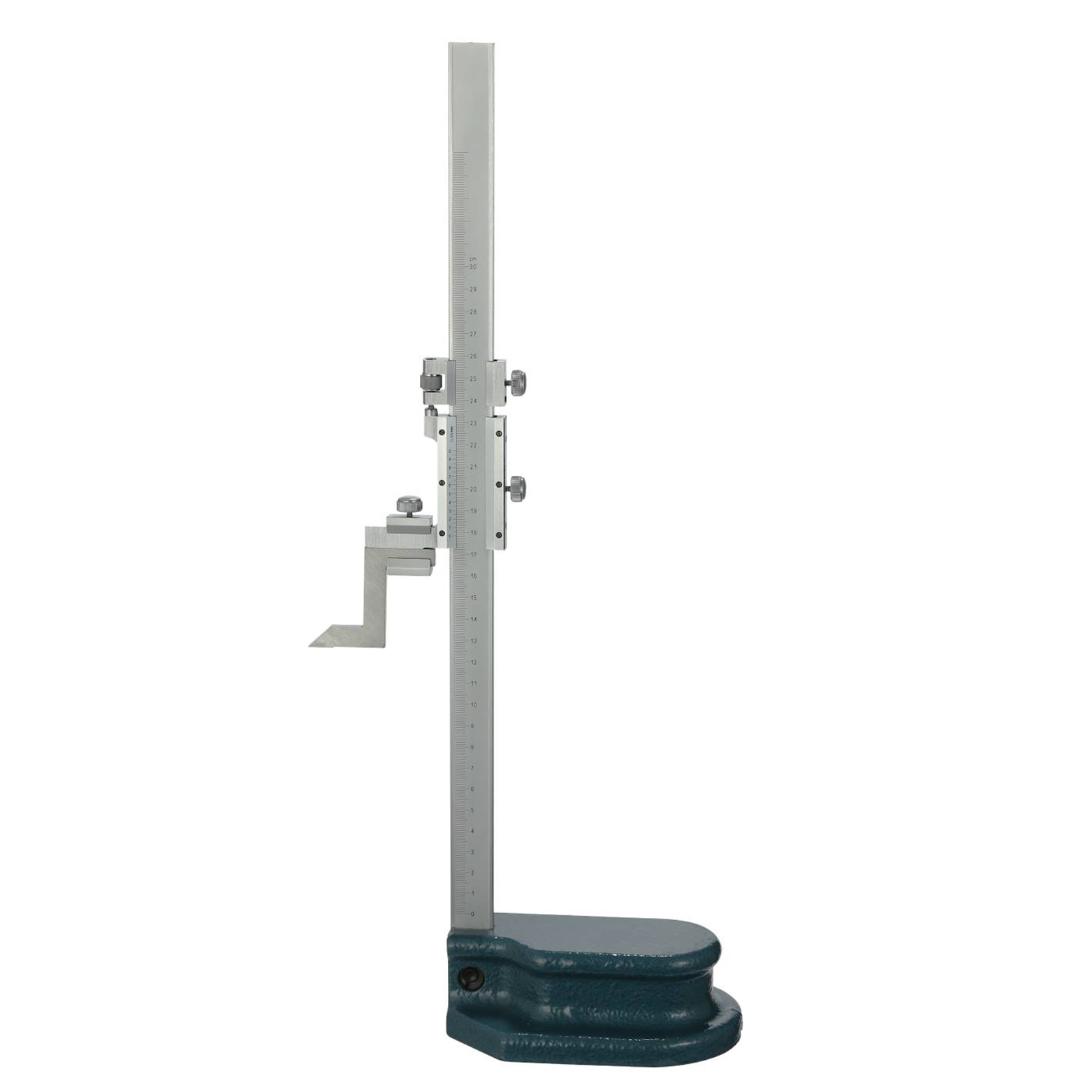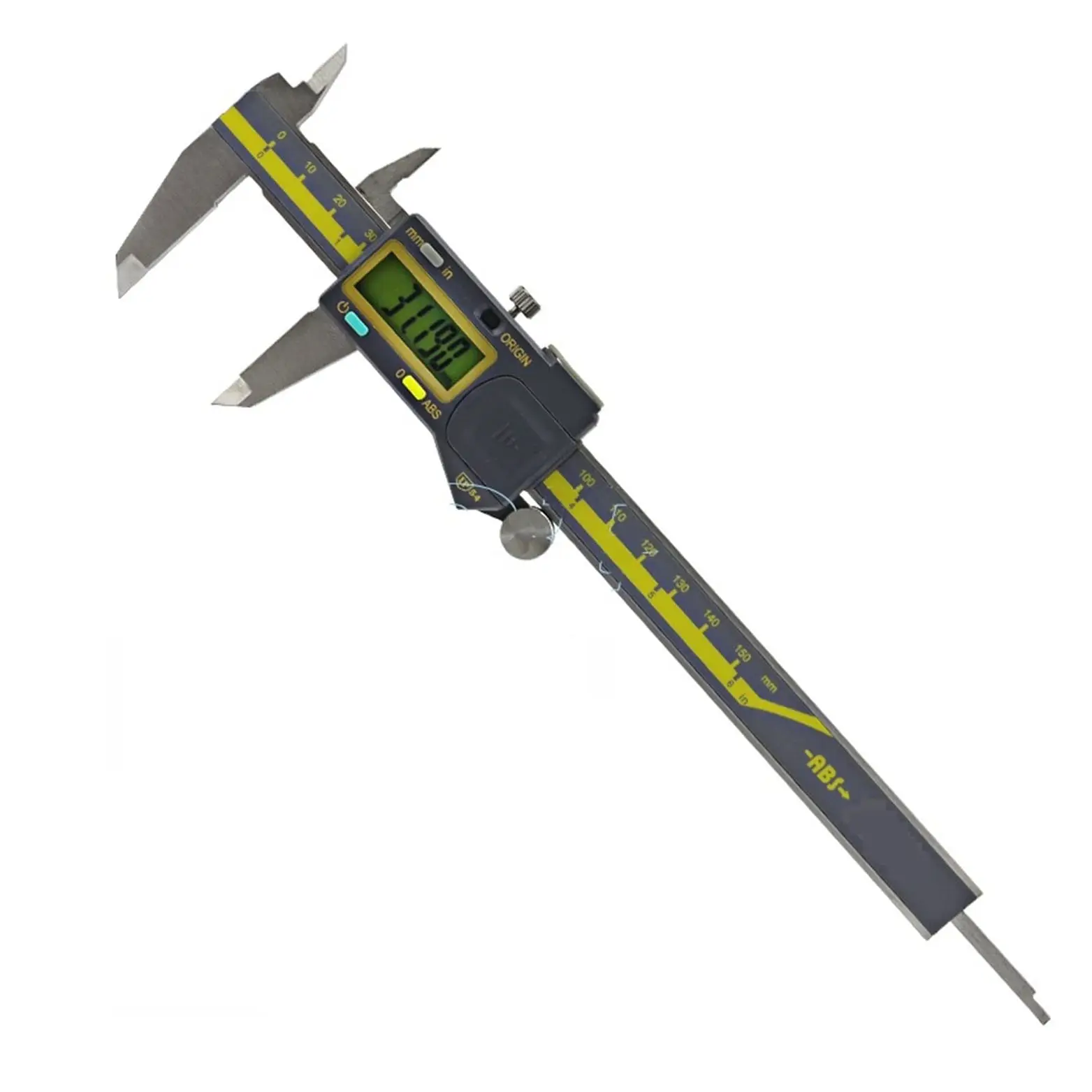reamer tools Supplier
Looking for a reliable reamer tools supplier? This guide covers everything you need to know, from understanding different types of reamers and their applications to selecting the right supplier and ensuring quality. Learn about materials, coatings, common issues, and maintenance tips for optimal performance. We'll also introduce Wayleading Tools as a potential reamer tools supplier.
Understanding Reamer Tools
Reaming is a precision machining process that enlarges a pre-existing hole to a precise diameter with smooth walls. Reamer tools are essential for achieving accurate and consistent results in various industries, including automotive, aerospace, and manufacturing.
Types of Reamer Tools
Several types of reamer tools are available, each designed for specific applications:
- Hand Reamers: Used for manual reaming, typically in situations where precision isn't extremely critical or for deburring holes.
- Machine Reamers: Designed for use with machine tools such as lathes, milling machines, and drill presses.
- Adjustable Reamers: Allow for slight adjustments in diameter, useful for achieving very precise hole sizes or compensating for wear.
- Tapered Reamers: Used to create tapered holes, commonly found in applications like valve seats.
- Shell Reamers: Consist of a reamer head that mounts on an arbor, offering cost savings when multiple reamers are needed with the same arbor size.
- Expansion Reamers: Can be expanded slightly to compensate for wear or achieve a specific hole size.
Reamer Tool Materials
The material of a reamer tool significantly impacts its performance and lifespan. Common materials include:
- High-Speed Steel (HSS): Offers a good balance of toughness and wear resistance, suitable for a wide range of materials.
- Cobalt Steel (HSS-Co): Provides improved wear resistance and heat resistance compared to HSS, ideal for harder materials.
- Carbide: Offers excellent wear resistance and high-speed cutting capabilities, suitable for abrasive materials and high-volume production.
Selecting the Right Reamer Tools Supplier
Choosing the right reamer tools supplier is crucial for ensuring quality, reliability, and timely delivery. Here are some factors to consider:
Supplier Reputation and Experience
Look for a supplier with a proven track record of providing high-quality reamer tools. Check online reviews, ask for references, and evaluate their industry experience.
Product Quality and Certification
Ensure that the supplier's reamer tools meet industry standards and undergo rigorous quality control processes. Look for certifications such as ISO 9001.
Product Range and Customization
A good supplier should offer a wide range of reamer tools to meet your specific needs. Consider whether they offer custom reaming solutions for unique applications. Wayleading Tools offers a comprehensive selection and can work with you on custom requests, ensuring you have the perfect tool for the job.
Pricing and Payment Terms
Compare prices from different suppliers, but don't solely focus on the lowest price. Consider the overall value, including quality, reliability, and customer service. Understand the payment terms and any associated fees.
Shipping and Delivery
Ensure the supplier has reliable shipping and delivery options. Consider the lead time and shipping costs, especially for international orders.
Customer Support
Choose a supplier that offers excellent customer support. They should be responsive to your inquiries and provide technical assistance when needed.
Reamer Tool Applications
Reamer tools are used in a wide variety of applications across different industries. Here are a few examples:
- Automotive: Reaming cylinder bores, valve guides, and connecting rod bores.
- Aerospace: Reaming holes in aircraft components, ensuring precise fit and alignment.
- Manufacturing: Reaming holes in molds, dies, and fixtures.
- Medical: Reaming holes in surgical implants and instruments.
Common Reaming Issues and Solutions
Even with the best reamer tools, you may encounter some common issues during the reaming process. Here are a few examples and their solutions:
- Chatter: Caused by vibration or instability. Try reducing the cutting speed, increasing the feed rate, or using a more rigid setup.
- Oversized Holes: Caused by reamer wear or improper setup. Inspect the reamer for wear and replace it if necessary. Ensure the machine is properly calibrated.
- Poor Surface Finish: Caused by dull reamer or improper lubrication. Sharpen or replace the reamer and use appropriate cutting fluid.
- Tapered Holes: Caused by misalignment or excessive tool wear. Ensure the workpiece and reamer are properly aligned.
Reamer Tool Maintenance and Care
Proper maintenance and care can significantly extend the lifespan of your reamer tools. Here are a few tips:
- Clean After Use: Clean the reamer after each use to remove chips and debris.
- Proper Storage: Store reamers in a dry, protected environment to prevent corrosion.
- Sharpen Regularly: Sharpen reamers regularly to maintain their cutting edge.
- Use Appropriate Cutting Fluid: Use the appropriate cutting fluid for the material being reamed to reduce friction and heat.
Coatings for Reamer Tools
Coatings can significantly improve the performance and lifespan of reamer tools. Common coatings include:
- Titanium Nitride (TiN): A general-purpose coating that provides increased hardness and wear resistance.
- Titanium Carbonitride (TiCN): Offers higher hardness and wear resistance than TiN, suitable for abrasive materials.
- Aluminum Titanium Nitride (AlTiN): Provides excellent heat resistance and oxidation resistance, ideal for high-speed machining.
Coatings selection depends on the material being machined and the specific application requirements.
Wayleading Tools: Your Reliable Reamer Tools Supplier
Wayleading Tools is a trusted reamer tools supplier committed to providing high-quality products and exceptional customer service. With years of experience in the industry, Wayleading Tools understands the needs of its customers and offers a comprehensive range of reamer tools to meet those needs. From standard reamers to custom solutions, Wayleading Tools has the expertise and resources to help you achieve your machining goals. For example, our HSS Machine Reamer sets are highly regarded for their durability and precision. For more information or a custom quote, please visit www.wayleading.com
Reamer Tool Selection Guide
Choosing the right reamer tool requires careful consideration of several factors. Use the following table as a guide to help you select the appropriate reamer for your application.
| Factor | Considerations |
|---|---|
| Material | Choose a reamer material that is compatible with the material being reamed. HSS is suitable for general-purpose applications, while cobalt steel and carbide are better for harder materials. |
| Hole Size | Select a reamer with the appropriate diameter for the desired hole size. Adjustable reamers can be used for achieving very precise hole sizes. |
| Tolerance | Consider the required tolerance for the hole. High-precision reamers are necessary for applications with tight tolerances. |
| Application | Choose a reamer designed for the specific application. For example, tapered reamers are used for creating tapered holes. |
Conclusion
Selecting the right reamer tools and a reliable supplier is essential for achieving precise and consistent results in machining operations. By understanding the different types of reamers, materials, coatings, and applications, you can make informed decisions and optimize your reaming process. Wayleading Tools is here to assist you with your reamer tools needs, offering high-quality products and expert support.
Related products
Related products
Best selling products
Best selling products-
 Outside Micrometer Set Of Inch & Metric With Rachet Stop
Outside Micrometer Set Of Inch & Metric With Rachet Stop -
 Precision Monoblock Fine-Adjustment Vernier Caliper Of Metric & Imperial For Industrial
Precision Monoblock Fine-Adjustment Vernier Caliper Of Metric & Imperial For Industrial -
 Single Wheel Knurling Tools With Straight Pattern For Industrial Type
Single Wheel Knurling Tools With Straight Pattern For Industrial Type -
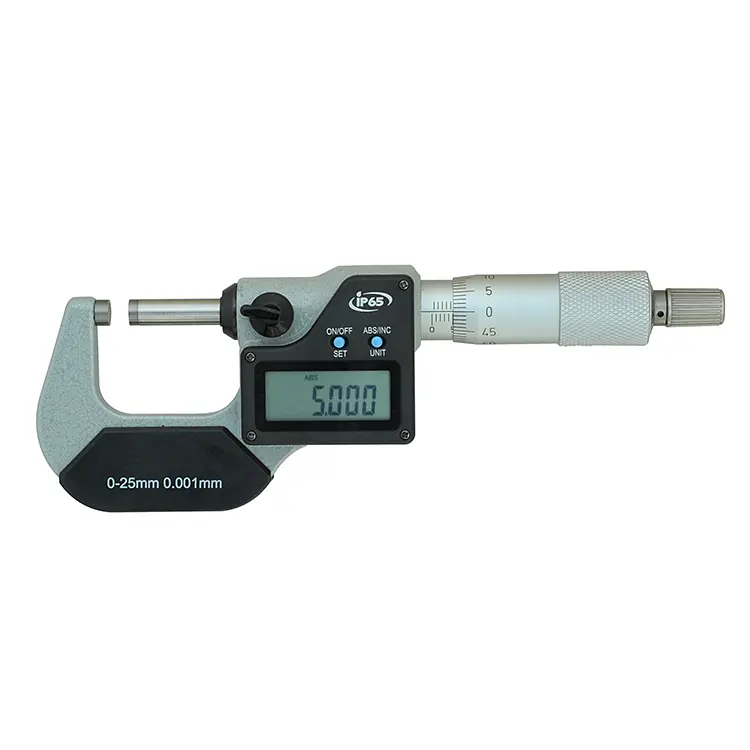 Precision IP65 Digital Outside Micrometer Of Inch & Metric With Data Output
Precision IP65 Digital Outside Micrometer Of Inch & Metric With Data Output -
 Precision Digital Bore Guage From 6-450mm Range
Precision Digital Bore Guage From 6-450mm Range -
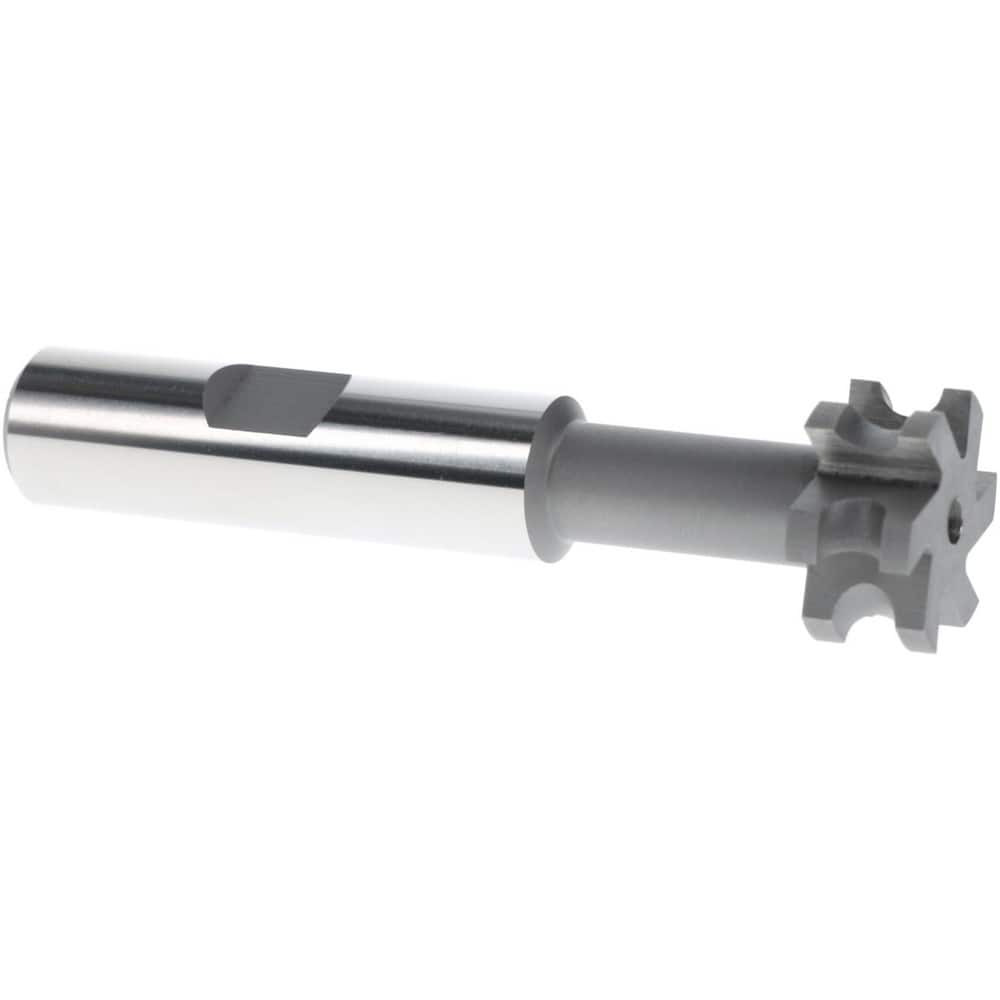 HSS Inch Concave Milling Cutter For Industrial
HSS Inch Concave Milling Cutter For Industrial -
 Outside Micrometer Set Of Inch & Metric For Industrial
Outside Micrometer Set Of Inch & Metric For Industrial -
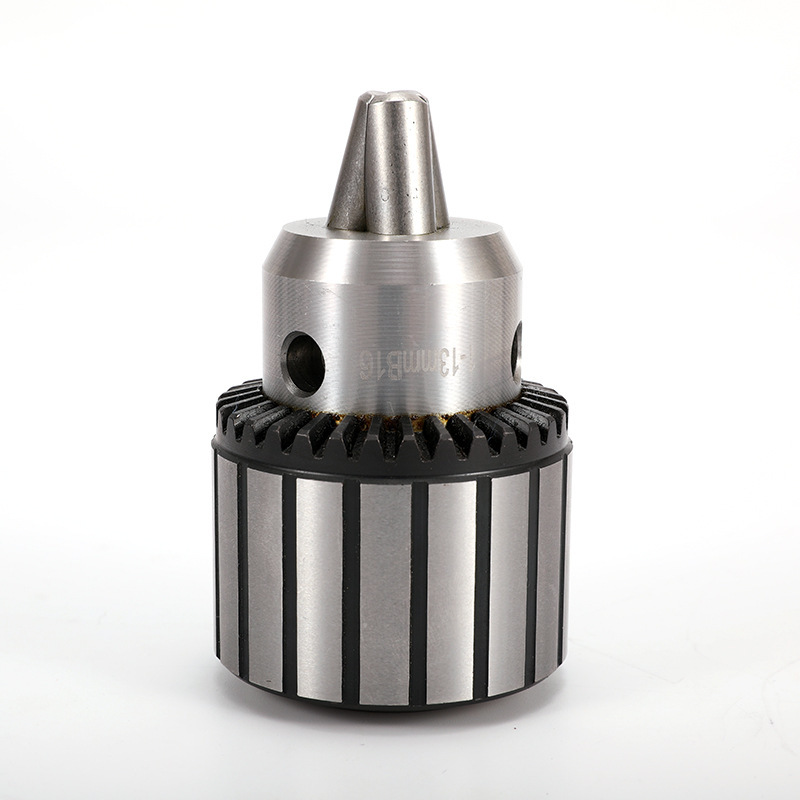 Key Type Drill Chuck With Heavy Duty Type
Key Type Drill Chuck With Heavy Duty Type -
 HSS Involute Spline Cutter With PA30
HSS Involute Spline Cutter With PA30 -
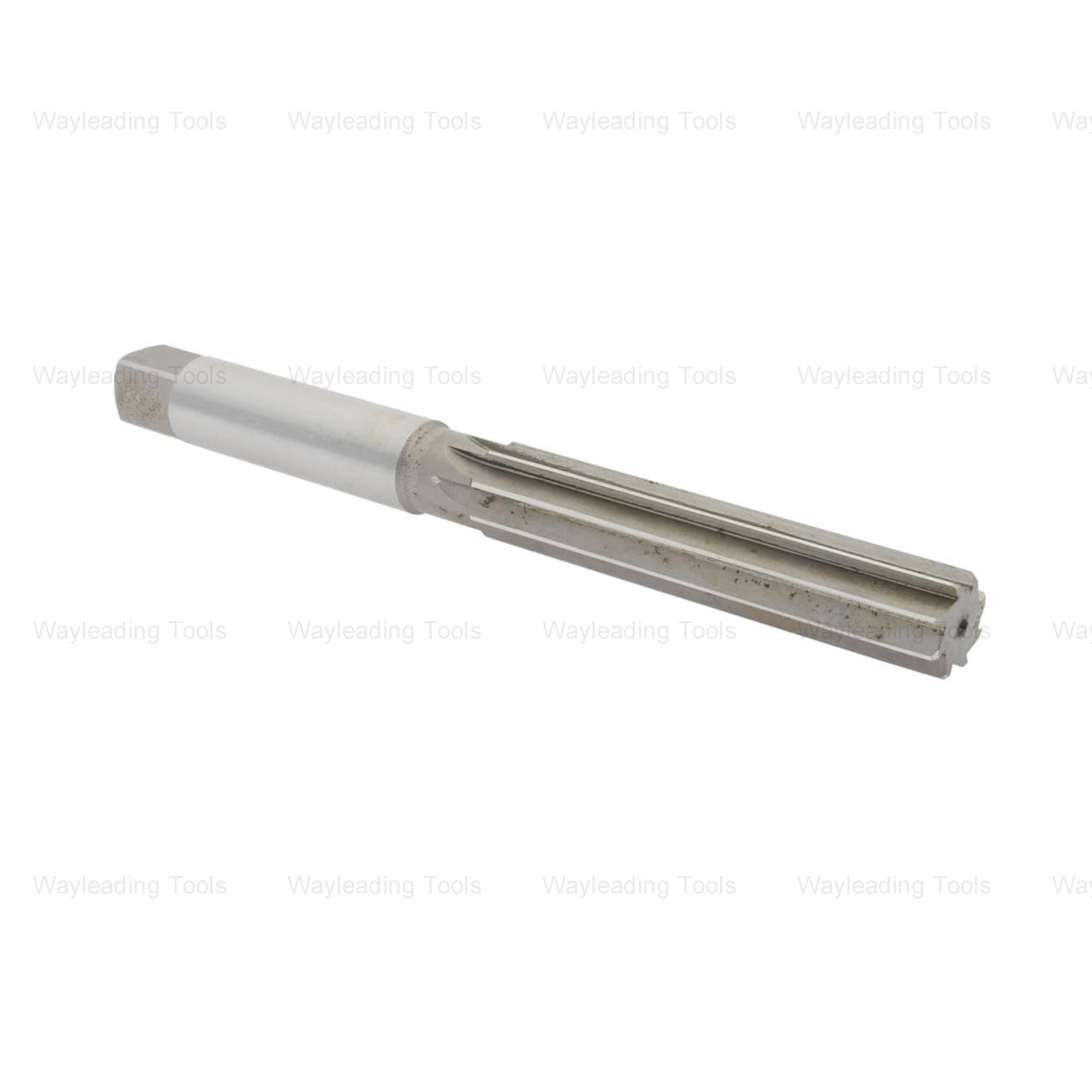 HSS Hand Reamers – Metric & Inch Sizes, Straight or Spiral Flutes
HSS Hand Reamers – Metric & Inch Sizes, Straight or Spiral Flutes -
 Precision Monoblock Vernier Caliper With Nib Style Jaws Of Metric & Imperial For Industrial
Precision Monoblock Vernier Caliper With Nib Style Jaws Of Metric & Imperial For Industrial -
 Electronic Digital Height Gauge From 300 to 2000mm
Electronic Digital Height Gauge From 300 to 2000mm




